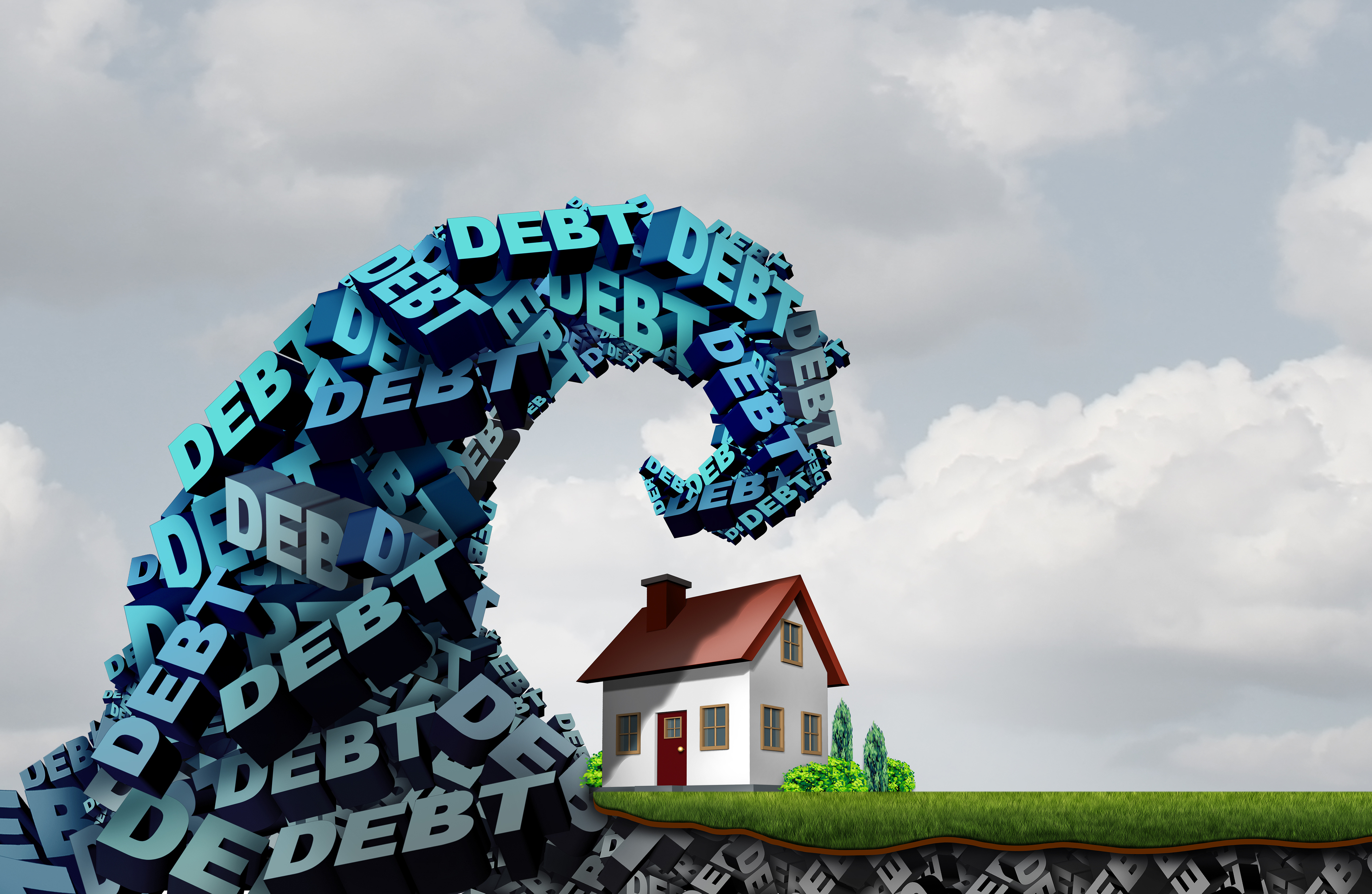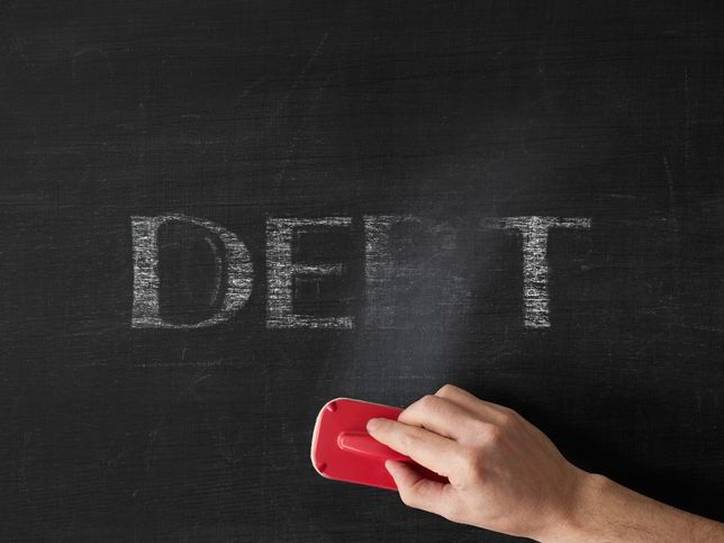The Ultimate Guide To Topic No431 Canceled Debt – Is It Taxable or Not? - Internal
The Ultimate Guide To ECB rate expectations sting Greek and Italian government debt
Credit card companies and others may report settled debt to the internal revenue service, which the IRS considers earnings, unless you are "insolvent." Insolvency is when your total financial obligations are more than the fair market worth of your total possessions. Insolvency can be complicated to figure out. Talk to a tax professional if are not exactly sure whether you qualify for this exception.


However these loans need you to set up your house as collateral. If you can't make the payments or if your payments are late you could lose your home. What's more, combination loans have expenses. In addition to interest, you may have to pay "points," with one point equal to one percent of the quantity you borrow.
Personal bankruptcy Personal bankruptcy likewise may be an option, although its consequences are long-lasting and far-reaching. People who follow the insolvency rules receive a discharge a court order that says they do not need to pay back specific financial obligations. Nevertheless, bankruptcy info (both the date of the filing and the later date of discharge) remain on a credit report for ten years and can make it challenging to get credit, purchase a home, get life insurance coverage, or often get a task.
There are 2 primary types of personal bankruptcy: Chapter 13 and Chapter 7. Each should be filed in federal insolvency court. Filing fees are several hundred dollars. To learn more go to credit card United States Courts. Lawyer costs are additional and vary. Chapter 13 enables individuals with a steady income to keep home, like a mortgaged house or an automobile, that they may otherwise lose through the personal bankruptcy process.
About TreasuryDirect - Home

After you make all the payments under the plan, you receive a discharge of your debts. Chapter 7 is called straight bankruptcy; it includes liquidating all possessions that are not exempt. Exempt property might include automobiles, work-related tools, and fundamental home home furnishings. Some of your home might be sold by a court-appointed authorities, called a trustee, or committed your financial institutions.
Both also supply exemptions that let you keep specific possessions, although exemption quantities vary by state. Personal bankruptcy generally does not erase child support, spousal support, fines, taxes, and some trainee loan commitments. And, unless you have an acceptable plan to catch up on your financial obligation under Chapter 13, insolvency generally does not permit you to keep home when your financial institution has an unpaid home loan or security lien on it.
UNDER MAINTENANCE